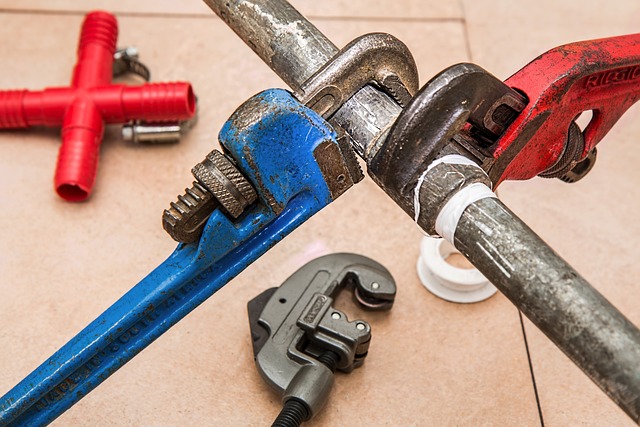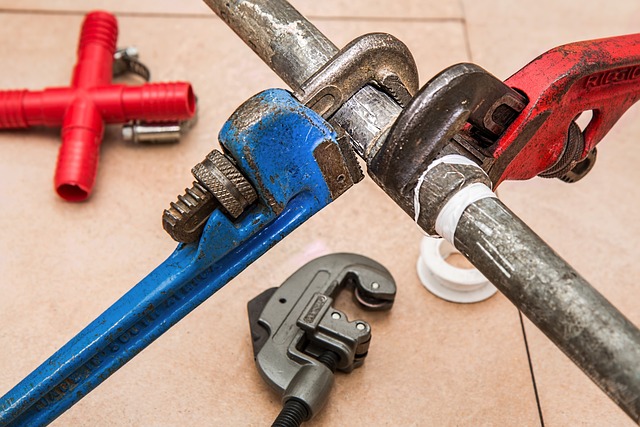The Importance of Custom Cooling Systems in Philadelphia: A Look into AC Architects’ HVAC Designs
The Importance of Custom Cooling Systems in Philadelphia: A Look into AC Architects’ hvac Designs
When it comes to designing buildings in Philadelphia, one of the most crucial aspects to consider is the cooling system. With the city’s hot and humid summers, having an efficient and effective cooling system is essential for the comfort and well-being of its residents. This is where AC Architects comes in, specializing in designing custom cooling systems that are tailored to the unique needs of each building.
Philadelphia’s climate is characterized by hot and humid summers, with temperatures often reaching the high 90s. This can make living and working in the city unbearable without a reliable cooling system. AC Architects understands the importance of creating a comfortable indoor environment, and their HVAC designs are specifically crafted to address the challenges posed by Philadelphia’s climate.
One of the key factors that AC Architects takes into consideration when designing custom cooling systems is energy efficiency. With rising energy costs and growing concerns about environmental sustainability, it is crucial to design cooling systems that are not only effective but also energy-efficient. AC Architects utilizes the latest technologies and techniques to ensure that their HVAC designs minimize energy consumption while still providing optimal cooling performance.
Another important aspect that AC Architects focuses on is air quality. Poor indoor air quality can have a significant impact on the health and well-being of building occupants. In a city like Philadelphia, where air pollution is a concern, it is essential to have a cooling system that not only cools the air but also filters out pollutants. AC Architects incorporates advanced air filtration systems into their HVAC designs to ensure that the air inside buildings is clean and healthy.
AC Architects also understands the importance of proper ventilation in cooling systems. In a city like Philadelphia, where humidity levels can be high, it is crucial to have a ventilation system that effectively removes excess moisture from the air. This not only helps to maintain a comfortable indoor environment but also prevents the growth of mold and mildew, which can be detrimental to both the building and its occupants.
In addition to energy efficiency, air quality, and ventilation, AC Architects also considers the specific needs of each building when designing custom cooling systems. They take into account factors such as the size and layout of the building, the number of occupants, and the building’s usage patterns. This allows them to create cooling systems that are perfectly suited to the unique requirements of each project.
AC Architects’ expertise in designing custom cooling systems has made them a trusted name in the industry. Their HVAC designs have been implemented in a wide range of buildings in Philadelphia, including residential, commercial, and institutional projects. Their commitment to excellence and their ability to deliver innovative and effective cooling solutions have earned them a reputation as leaders in the field.
In conclusion, the importance of custom cooling systems in Philadelphia cannot be overstated. With the city’s hot and humid summers, having an efficient and effective cooling system is essential for the comfort and well-being of its residents. AC Architects understands the unique challenges posed by Philadelphia’s climate and specializes in designing custom cooling systems that address these challenges. Their HVAC designs prioritize energy efficiency, air quality, ventilation, and the specific needs of each building. With their expertise and commitment to excellence, AC Architects is at the forefront of designing custom cooling systems that ensure a comfortable and healthy indoor environment for the people of Philadelphia.



